Apple's acquisition of Intel's modem business has officially gone through
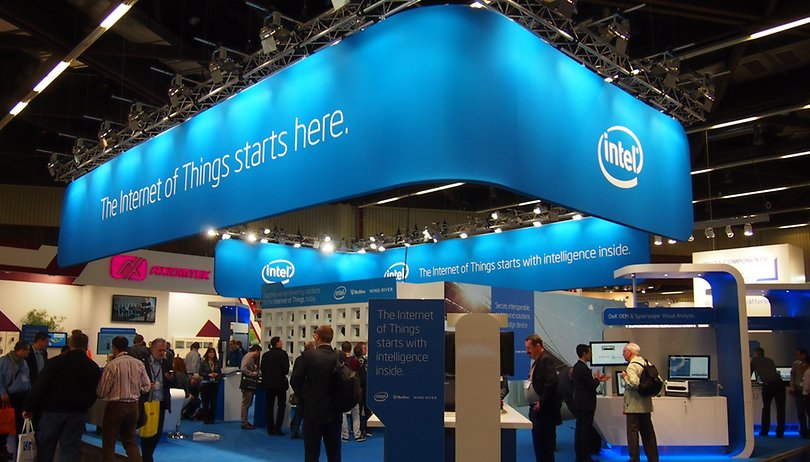

Read in other languages:
In a press release released today, Apple announced that it has purchased most of Intel's smartphone modem business. The sale is worth about $1 billion.
As part of the agreement, approximately 2,200 Intel employees will become part of the Apple team, which will also take several intellectual properties relating to the chip manufacturer's smartphone modems, as well as equipment and leases.
The news is a confirmation of the rumors circulated just yesterday and shows an interesting development within the relationship between the two companies, although it hardly surprises us. Once Intel announced its exit from the 5G smartphone modem industry and that it would auction off many of its patents, it was almost inevitable that a company like Apple would bite quicker than Homer Simpson would on a donut.
-
Apple and Qualcomm make peace as Intel abandons 5G

Of course, don't expect the arrival of homemade modems for at least a year (or maybe two). In the meantime, Apple has a six-year agreement with Qualcomm, so don't get carried away just yet: the next iPhone will still have the hardware of the San Diego chip giant. In the future, however, most iPhone hardware could be made from proprietary technology and know-how. After all, Apple already produces its own processors, which are among the most powerful on the market, among other components.
Are you satisfied with Apple's new acquisition? Is this the right way to go?
Source: Apple

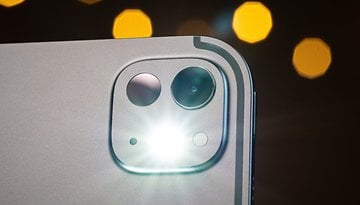
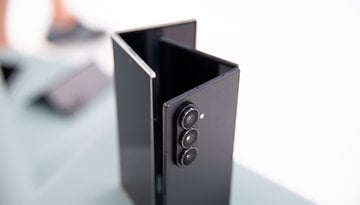
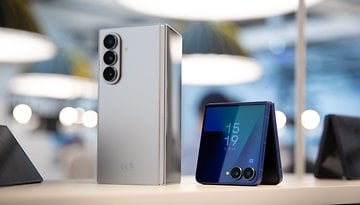
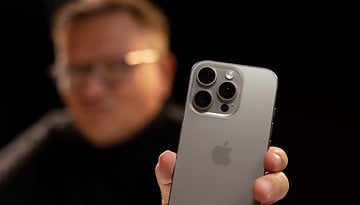
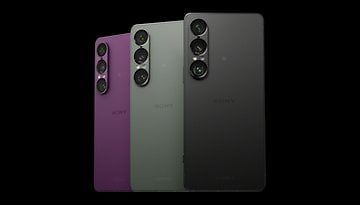


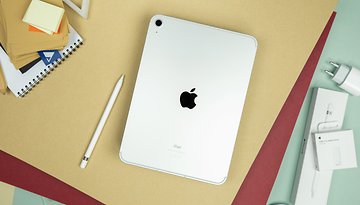


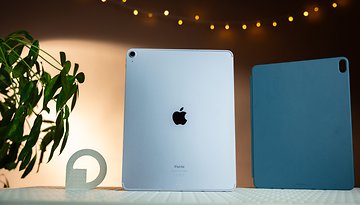


Apple needed this to stay competitive and relevant in the market.
Just as video and sound moved into the CPU in the PC world, modems, wifi and bluetooth are integrating into mobile chip systems.
Where Apple chip development is in house, they must have this capability as well.
This is poor for the consumer though in important ways. It necessitates the disposable device path for consumption, especially in internet-of-things. a device can last a decade at least. But connectivity standards will change multiple times in that period. and this integration locks you out of upgrade paths that a bulkier but modular approach allows. If you're concerned about ewaste and long life products, encourage makers to design for it even it it means swapping out a whole board instead of just the connectivity bits.
Let the Chip Wars begin !
Samsung has their own
Huawei / Honor has their own
Google might as well buy Qualcomm